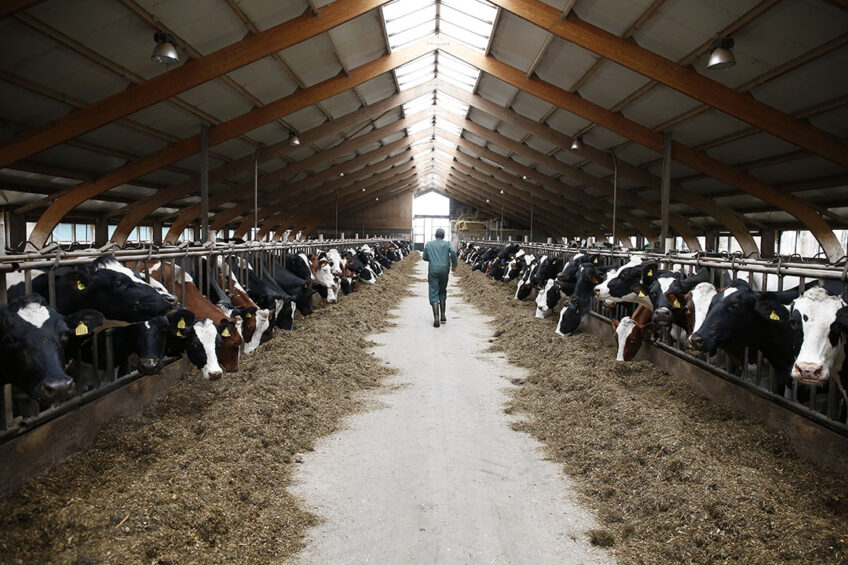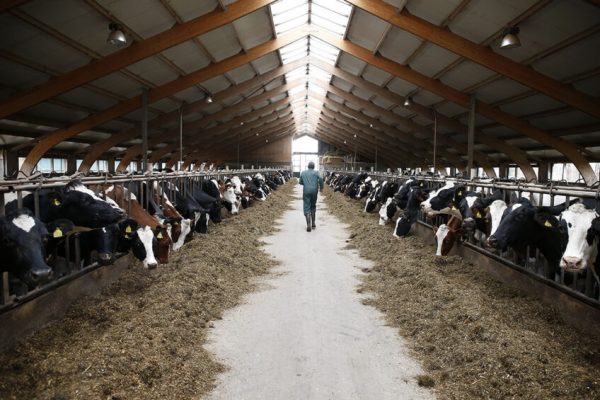Cattle contribute so much that we consume, it’s easy to see its economic value at first thought. We get beef from it, as we do milk, hides, and several byproducts. There’s a high and constantly growing demand for these items, as well as the products that they’re used to making.
Read more about Business
You can tap into the huge market for cattle by starting and running a cattle farm. With the right resources at your disposal, you can begin building a successful farm of this kind that earns you millions of naira every year.
Here, we’ll take you through the steps to establishing a cattle farm.
Plan Ahead
Don’t dive into this business until you’ve learned as much as you need to take off. Visit existing cattle farms if you can, have discussions with their owners and managers, and take note of how they are run. There’s a good deal of information on the internet that you can use as well. Just be sure that they’re relevant to cattle rearing in Nigeria.
Review all the data about this business that you collect, and decide whether you have the funds you need to start it. If you don’t, weigh possible funding sources (family, friends, formal financial institutions, etc.). Create a business plan that details your roadmap to build a successful cattle farm.
Find Grazing Land
Find a location with expansive grassland, where your cattle will be able to graze freely. This means you will have to site your cattle farm outside urban areas; you may not find the right kinds of spaces for this in cities or towns. Note that you will have to purchase the land from the local community which claims the land as its own.
Sign up for the Connect Nigeria daily newsletter
Next, fence the land to prevent encroachment by unwelcome agents, whether they’re human or non-human.
Set Up The Cattle Farm
Construct sheds that’ll house your cattle and protect them from adverse weather conditions when such conditions come around. You can build simple sheds with long dry sugarcane sticks, wood planks, and roofing (preferably slate roofing).
Dig a borehole, lay pipes, install water tanks, and fix taps within the premises of the farm. You’ll have to hire plumbers to do this for you and purchase the materials required as well.
Hire Staff And Acquire Equipment
You may hire persons who are experienced in taking care of cattle. As your operations expand, you will afford to take on more persons with less experience who you can train on-site and on the job.
There are broad categories of equipment you’ll have to purchase for your farm. They range from water tanks, feed troughs and feed mixers to livestock transport trailers, manure spreaders, and scales.
Choose The Cattle Breed You’ll Rear
You may want to engage the services of a cattle expert to choose the right breed for you. The popular cattle breeds in Nigeria include the red Bororo, N’dama, White Fulani, Muturu, and Sokoto Gudali.
Remember that you’ll be purchasing male and female cattle (called bull and heifer) so that they’ll produce more cattle for you.
Register to attend CN Business Mixer
A small-sized calf currently sells for between ₦80,000-₦120,000; you’ll find the large ones priced as high as ₦500,000.
Start-Up
With these things in place, you’re ready to begin cattle farming.
Noteworthy Points
Contact a veterinary doctor who will treat your cattle if or when they fall ill. Forge a relationship with middlemen who sell cattle at the markets.
You might not break even within the first year, because cattle takes about 18 months to mature, and establishing yourself as a supplier in the space might take a while. But in time, you’ll earn enough to get past the threshold of your investment and start bringing in sustainable profits.
Featured Image Source: Dairy Global
Got a suggestion? Contact us: [email protected]


